DiaBLOGue
Without Purse or Scrip in Scotland
March 21, 2018
Letters to the Editor
March 21, 2018Wayne Schow, Mormon Straight/Gay Marriages
Paula Goodfellow, Correction of Wording
Kevin L. Barney, Fairness to FARMS
Larry Day, We Blush
Dan Vogel, Treasure Lore Revisited
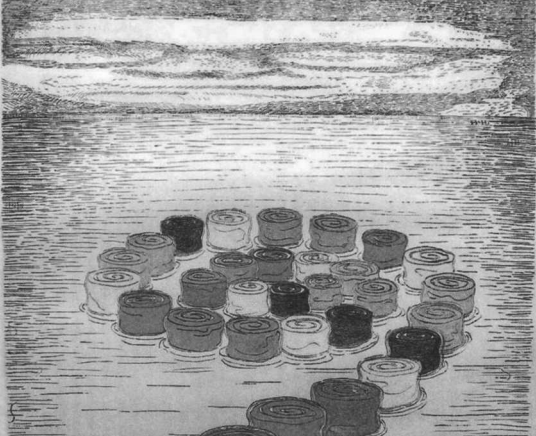
About the Cover Artist: Lane Twitchell
March 21, 2018A native of Salt Lake City, Lane Twitchell lives with his family in Brooklyn. He has exhibited widely in galleries and museums and has received numerous awards, grants, residencies, and commissions. His work is in…
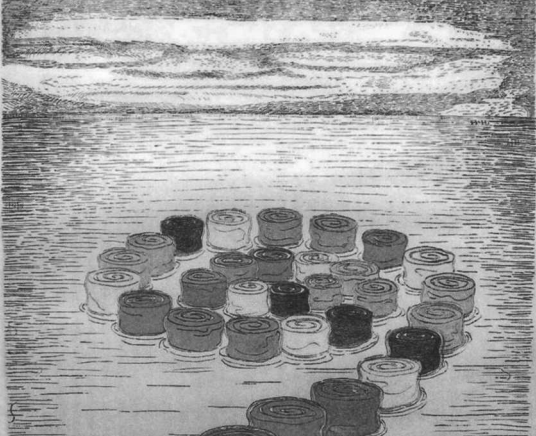
Response to Earl M. Wunderli’s “Critique of Alma 36 as an Extended Chiasm”
March 21, 2018Dialogue 39.3 (Fall 2007):188–206
Others, including Wunderli, hold that the proposed chiasms in the
Book of Mormon are not deliberate applications of the chiastic form and
ascribe their chiastic structure to the ingenuity of the analyst, rather than
to the intent of the author.

By Any Standard, A Remarkable Book | Richard Lyman Bushman, with the assistance of Jed Woodworth, Joseph Smith: Rough Stone Rolling
March 21, 2018By any standard this is a remarkable book. Sixty years ago Knopf published Fawn Brodie’s No Man Knows My History, a biography of the Mormon prophet by a disaffected Mormon who, according to her own biographer, had already decided before she began her writing that Joseph Smith was “not a true prophet.” This study by Bushman is, in contrast, a biography by a believer who said he would write faithful history but still examine “all sides of Joseph Smith, facing up to his mistakes and flaws” (Preface, xix). It is fair, then, to ask: How faith-promoting is this biography and to what degree does Bushman examine all sides of Joseph Smith? That Knopf has permitted Bushman to write such a biography illustrates how much the climate of opinion among historians regarding religion and the Mormons has changed since 1945.
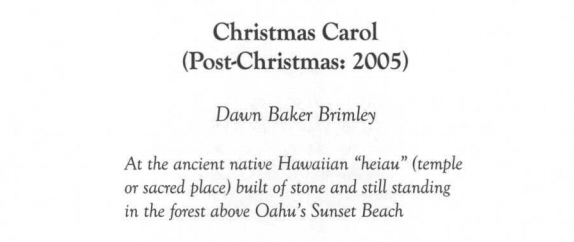
Christmas Carol (Post-Christmas: 2005)
March 21, 2018As though he were sculpted there, so still
is the only Shama thrush of the winter
dripping melody among dropping needles
high in this raining forest of ironwoods
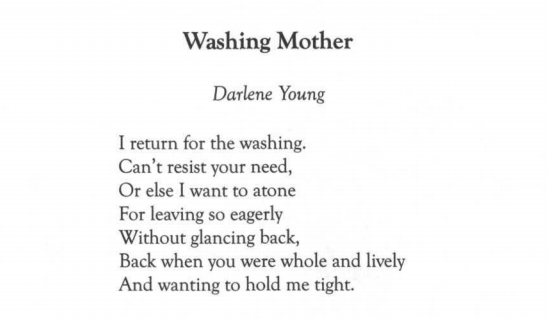
Washing Mother
March 21, 2018I return for the washing.
Can’t resist your need,
Or else I want to atone
For leaving so eagerly
Without glancing back,
Back when you were whole and lively
And wanting to hold me tight.
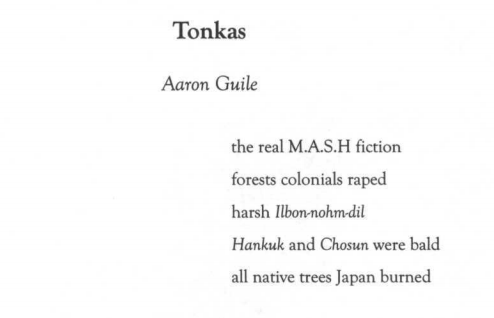
Tonkas
March 21, 2018the real M.A.S.H fiction
forests colonials raped
harsh llbon-nohm-dil
Hankuk and Chosun were bald
all native trees Japan burned

